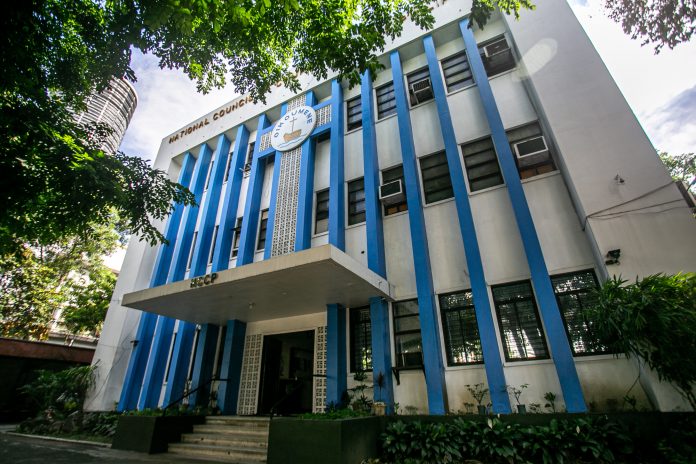The National Council of Churches in the Philippines (NCCP) on Friday expressed support for the revival of the peace negotiations between the government and communist rebels.
In a statement, the Council revealed that its General Convention on November 24 had issued a statement “affirming our fidelity” to the peace process between the two parties.
Minnie Anne Mata-Calub, general secretary of NCCP, said the 107 delegates of the Council’s highest policy-making body “unanimously approved the statement” calling for the resumption of the talks.
“The NCCP has consistently advocated for the [Government of the Republic of the Philippines and the National Democratic Front of the Philippines] peace process to address the roots of the armed conflict in the country including historical poverty resulting from systemic injustice,” the statement read.
NCCP reminded both parties that “upholding previous agreements is essential,” including the Hauge Joint Declaration, the Joint Agreement on Safety and Immunity Guarantees, and the Comprehensive Agreement on Respect for Human Rights and International Humanitarian Law.
“The road to peace may be long and arduous, but the churches are here with the Filipino people to earnestly push for both parties to address the roots of the armed conflict, so that the Final Peace Agreement may be realized,” the Council said.
The Council also reiterated calls “to disband” the government’s anti-communist task force and “to repeal” the Anti-Terrorism Law.
The Council lamented that after the Anti-Terrorism Law was passed in 2020, terrorist labeling and red-tagging by the National Task Force to End Local Communist Armed Conflict of “many human rights and environmental defenders including church people who are serving and working with the poorest of the poor, has become more threatening”.
“Violations of human rights and international humanitarian law (IHL) and the shrinking of civic space are tangible results of this practice. Sadly, this continues under the present government of President Ferdinand Marcos, Jr.,” it said.
The Council decried human rights violations and trumped-up charges against “several of our church workers and ecumenical partners.”









